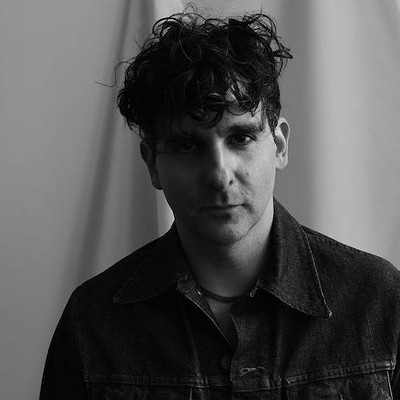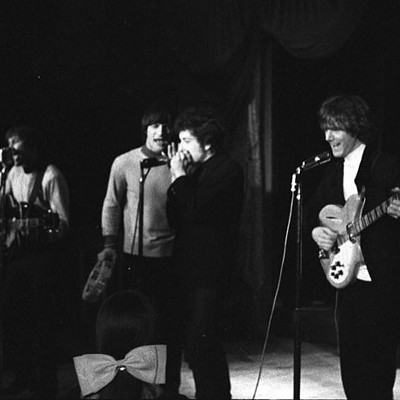By the late '60s, despite a long and varied career that included the albums Devil May Care and Yardbird Suite, associations with Miles Davis and Allen Ginsberg, and perfecting the art of "vocalese" - assigning lyrics to the melodies of instrumental jazz solos - Bob Dorough could see the writing on the wall.
In the sphere of popular music, jazz was receding in the face of rock and roll and folk music, losing the ears and the interest of many young fans. But Dorough, who plays Bohemeo's Sunday, wasn't done. His gift with numbers and a fortuitous meeting with an advertising executive (himself a failed musician) would soon make the pianist and singer a star all over again -- in a manner of speaking.
Rocks Off: What happened to you when rock and roll started to get popular?
Bob Dorough: Well, I couldn't get a gig (laughs). In the '60s, no one wanted to hear my kind of singing. Unless you were a star like Miles or Coltrane or Cannonball Adderly, it was hard to get gigs. That's sort of when I turned to making a living.
I did a few commercials and accompanied Chet Mitchell, which led me to producing Spanky and Our Gang, which really led to the Fugs and Allen Ginsberg. Then later on the advertising and all that led me to receive the commission that started Schoolhouse Rock.
Of course I'm very proud of that because I wrote songs for children. They were animated and shown on television.
RO: You wrote "Conjunction Junction"?
BD: I wrote that one.
RO: And several others though, right?
BD: It started with me writing a whole album of multiplication songs. They didn't even think about television. It was supposed to be an album for children, to help them with math. I was a natural at math -- musicians often are good with numbers, so I knocked 'em out with all the songs I wrote.
Then we went into other subjects and the animators went to work. They got other writers, but I remained the musical director of the project. No matter who wrote the song, I would arrange it and make it fit our style.






